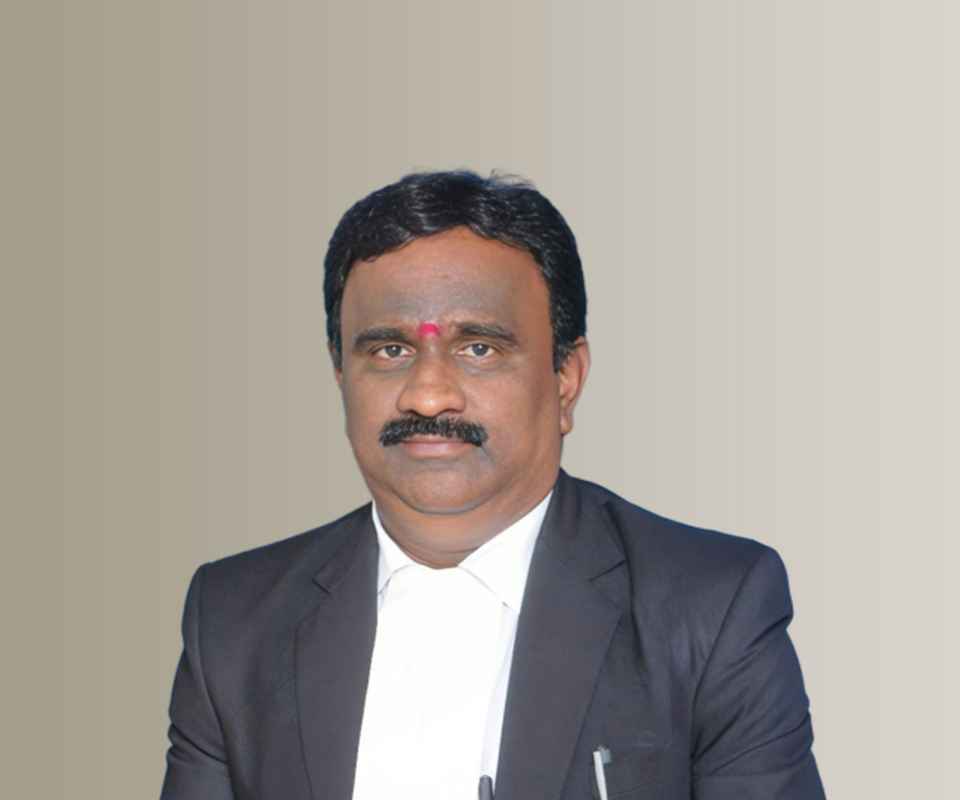Answer By law4u team
In India, Section 125 of the Criminal Procedure Code (CrPC) is a powerful legal tool that ensures financial support for wives, children, and parents who are unable to support themselves. The provision is meant to provide protection for those who are economically dependent, particularly in cases of separation, divorce, or abandonment. It covers both spousal support (alimony) and child support, offering a legal framework to claim maintenance for children in various family-related disputes. The law is gender-neutral and applies to both men and women, providing a mechanism to ensure that children receive adequate financial care from the non-custodial parent.
Maintenance Under Section 125 CrPC and Its Inclusion of Child Support
1. Scope of Section 125 CrPC
Section 125 of CrPC was introduced to prevent starvation and destitution among dependent family members by ensuring they are provided with adequate financial support. This provision explicitly mentions the right to maintenance for:
- Wife (including divorced wives)
- Children (minor and, in certain circumstances, major children)
- Parents (if they are unable to maintain themselves)
Thus, the section covers child support, ensuring that a parent (usually the non-custodial parent) provides financial assistance for the child’s needs, including education, health care, food, and general upkeep.
2. Child Support in Section 125 CrPC
While Section 125 CrPC provides for maintenance for wives, it also extends to minor children who are unable to maintain themselves. Here are the key points regarding child support under this provision:
- Minor Children: Section 125 allows a mother (or father, if the child is with the father) to claim maintenance for their minor children, even if the parents are separated or divorced. A minor child is anyone under the age of 18 years.
- Major Children: In certain cases, if a child is unable to support themselves due to physical or mental disability, they can continue to claim maintenance even after they turn 18. This includes children who have disabilities preventing them from earning.
- The Non-Custodial Parent's Responsibility: The law holds the non-custodial parent responsible for contributing to the child's maintenance. Typically, if the child is in the mother's custody, the father will be required to provide financial support. However, in cases where the child is with the father, the mother may be ordered to pay maintenance.
- Factors Considered for Maintenance: The court considers the income of the non-custodial parent, the child’s needs, and the standard of living to determine the quantum of maintenance. The parent seeking maintenance must prove the child's needs and the other parent's ability to pay.
3. Eligibility for Maintenance Under Section 125 CrPC
In order to claim maintenance for a child, the custodial parent (typically the mother) must establish certain facts:
- The Child's Need: The custodial parent must prove that the child is in need of financial support. This includes costs for food, clothing, education, and health.
- Proof of Dependence: The child must be dependent on the parent seeking maintenance, meaning they cannot support themselves financially.
- Income of the Non-Custodial Parent: The court assesses the income and ability of the non-custodial parent to provide maintenance. The amount is usually determined based on the parent's financial capacity.
4. Procedure for Claiming Child Support
The custodial parent (or guardian) can file a maintenance petition under Section 125 CrPC in the Family Court or Magistrate's Court. The process involves:
- Filing a Petition: A formal petition must be filed, specifying the need for maintenance and providing supporting documents such as proof of the child's needs, the non-custodial parent’s income, and any other relevant details.
- Court’s Role: The court will hear both parties (the custodial and non-custodial parent) and decide on the maintenance amount based on the child’s needs and the parent's capacity to pay.
- Order for Maintenance: If the court is satisfied that maintenance is necessary, it will issue an order for the non-custodial parent to pay a certain sum, usually on a monthly basis, to the custodial parent for the child's welfare.
5. Amount of Maintenance
The amount of maintenance is determined by several factors, including:
- The financial status and earning capacity of the non-custodial parent.
- The needs of the child, including education, medical expenses, and other necessities.
- The cost of living and standard of living of the parents prior to separation.
The court typically ensures that the amount is reasonable and sufficient to maintain the child in a standard that they would have enjoyed if the parents had not separated.
6. Consequences of Non-Payment of Maintenance
If the non-custodial parent fails to comply with the court’s maintenance order, they can face legal consequences. The court can:
- Impose fines or penalties on the non-payer.
- Issue arrest warrants for non-payment of maintenance after due notice.
- Direct the attachment of property or other assets to recover unpaid amounts.
7. Modification of Maintenance Order
The maintenance amount can be modified by the court if there is a substantial change in circumstances. For example, if the non-custodial parent’s financial situation improves or worsens, the amount of maintenance can be increased or decreased accordingly.
Example
Suppose a couple with a child of 10 years is going through a divorce. The child stays with the mother after separation. The mother files a petition under Section 125 CrPC for child support. The court will:
- Assess the father’s income and financial capacity.
- Consider the child’s needs—such as school fees, health expenses, and general upkeep.
- Order the father to pay a certain amount monthly as child support, ensuring that the child’s needs are met.
If the father fails to make the payments, the court can take legal action to enforce the payment, including fines, penalties, or even imprisonment.
Conclusion
Yes, maintenance under Section 125 CrPC in India can include child support. The provision ensures that children receive financial assistance from the non-custodial parent, especially in cases of marital separation, divorce, or abandonment. This maintenance covers the child’s basic needs, including food, education, and healthcare. The courts play a crucial role in assessing the needs of the child and the financial capacity of the parents to ensure that the child is not deprived of necessary support.






